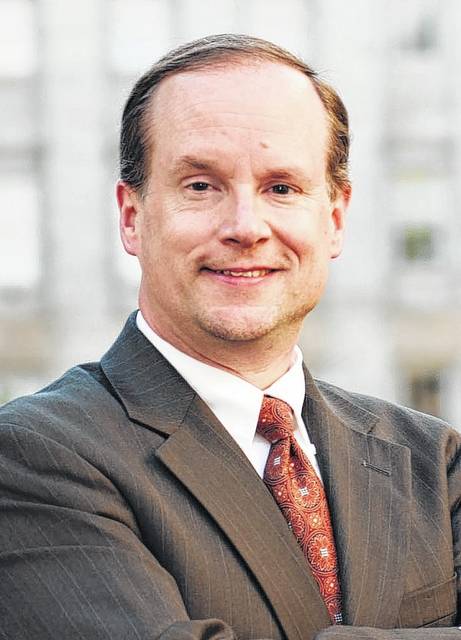On January 13, thousands of pro-life North Carolinians rallied in Raleigh to express their opposition to abortion. A week later, thousands rallied in Raleigh and other North Carolina cities to protest Donald Trump as well as Republican policies.
Protests have been part of American politics ever since there was such a thing as American politics. From Tea Parties to Moral Mondays, from abolition and prohibition to popular suffrage and unpopular wars, passionate believers have gathered, marched, demonstrated, and petitioned to express their views and draw others to their cause.
Do such protests really matter? Do they change the behavior of lawmakers or voters? Cynics tend to doubt it. They observe that participating in rallies may be only an effect of the desire for political change, not a cause. They argue that the people who protested Barack Obama’s deficit spending in 2010 or the North Carolina legislature’s conservative turn a few years later would likely have turned out in the next election to vote against the politicians they disliked, regardless of whether they had gone to a rally.
I know this is a cynical age — and, frankly, there is much to be cynical about. But protest politics isn’t really one of them. There happens to be pretty good evidence that rallies can be a useful way for political movements to effect change.
It is certainly true that you can’t just note attendance at a rally, look at subsequent events, and then assume a causal relationship. It is also certainly true that many of the people who participate in protests, and nearly all the people who organize them, are hard-core partisans. Their propensity to vote and the propensity of politicians to pay attention to them are unlikely to be changed much by public events.
But hard-core partisans don’t comprise the whole electorate. Lots of other citizens are either persuadable on certain issues, less-than-reliable voters at election time, or both. A protest event can grab their attention, make them think twice, or motivate them to vote.
Capturing the effect of political rallies is difficult but not impossible. Back in 2013, the Quarterly Journal of Economics published an innovative study by a team of economists from Harvard, Stockholm University, and the University of Zurich. They built a model to assess the effects of the Tea Party protests in 2009 and 2010 by exploiting an important but completely uncontrollable factor: the weather.
When it rains or snows, people are less likely to turn out for a political rally. So even if the underlying political forces and trends in public opinion are equivalent, a rainy-day rally will have lower attendance than a clear-day rally.
The economists gathered lots of information about Tea Party rallies in 2009 and 2010, including attendance counts and weather events, and then measured outcomes such as congressional voters on bills and electoral victories in the 2010 midterms. They concluded that the size of the protests did appear to affect outcomes.
Lawmakers representing districts with large rallies tended to vote more conservatively than they did before the rallies. If these districts had Democratic representatives, they became less likely to run for reelection in 2010. That proved to be wise, since those districts also tended to have higher subsequent turnout among Republican-leaning voters. Moreover, higher participation in the rallies was usually followed by persistent increases in conservatism activism and even donations to conservative causes.
“The Tea Party protests,” the economists concluded, “cause[d] a conservative shift in terms of policymaking, both directly and through the selection of politicians in elections.” They even came up with a statistical rule of thumb: for every Tea Party protester in a district, conservative turnout in the next election rose by between seven and 15 voters.
Although this study looked at conservative activism, the multiplier effect of successful grassroots mobilization applies across the board. Protests matter, but with this qualifier: they are much more effective in opposition than in support. To advance and defend public policies, you still have to use other tools.

